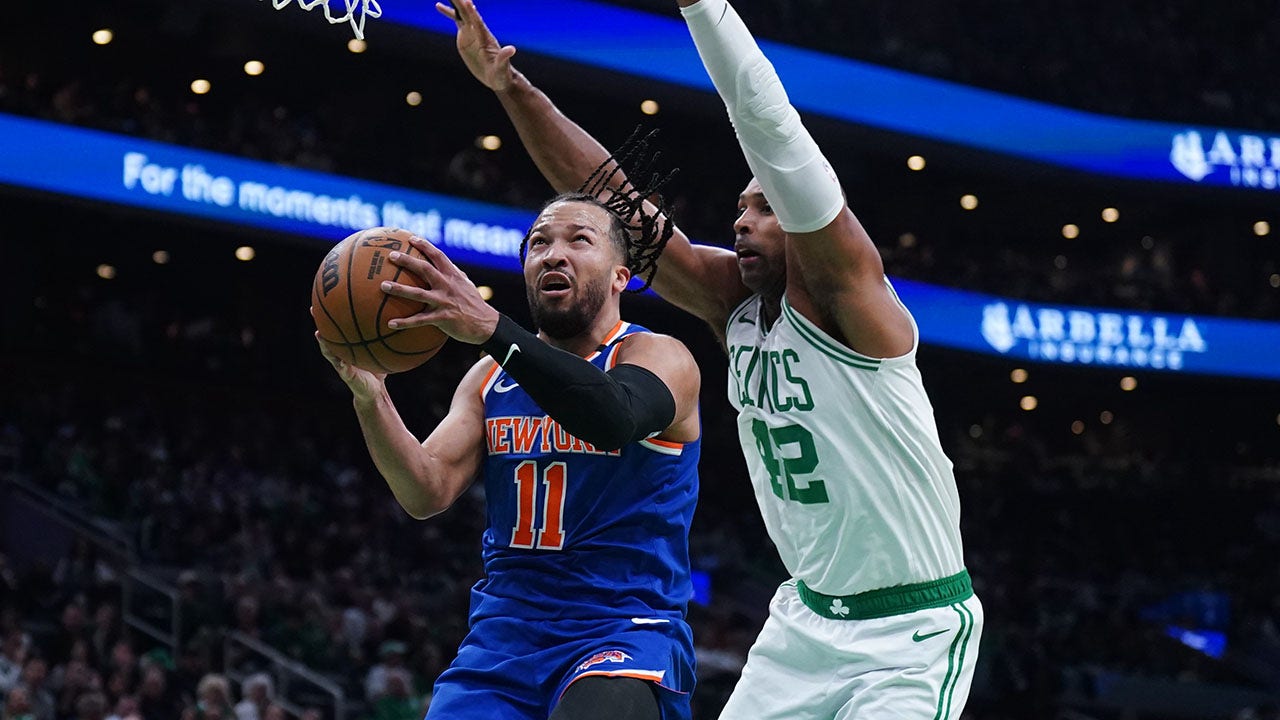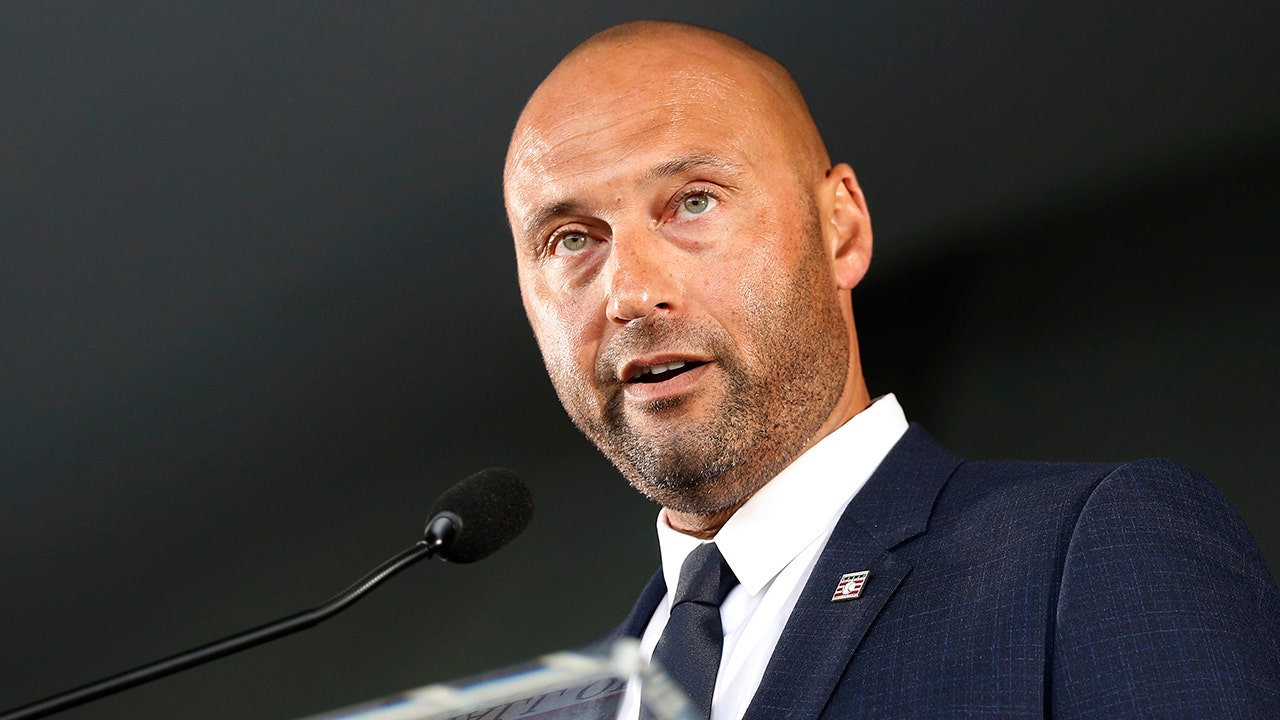After the $418 million Realtor commission lawsuit settlement terms were inked about a year ago, executives at Final Offer worked feverishly to tweak a product that promised transparency and flexibility for sellers, buyers and their agents.
They fully expected the National Association of Realtors’ business practice changes to alter the way that sellers and buyers transacted.
But they didn’t see the battle over NAR‘s Clear Cooperation Policy and seller choice coming.
“We had no idea what was coming,” Tim Quirk, Final Offer’s chief strategy officer, said. “But we saw a need in the market for more clarity for both consumers and agents when it comes to the offer and negotiation process.”
HousingWire recently caught up with Quirk to discuss some current industry trends and everything happening at Final Offer.
Brooklee Han: Transparency in the real estate transaction is a hot topic right now. How is Final Offer working to improve the level of insight a consumer has into a transaction?
Tim Quirk: When you look at what has happened over the course of the last 18 months, when it comes to how agent compensation factors into the equation, at the end of the day it has always been negotiable and that has been part of our platform from day one. When agents are putting in an offer for their buyer, they can put into that offer whether the buyer needs or wants any or all of their compensation to be covered, or any other concessions they are looking for from the seller. Those things ultimately impact the terms of the offer because if you have two offers for the same price, but one buyer needs their agent compensation covered and the other doesn’t, the one without agent compensation is a better offer, if all else is equal.
What our platform does is makes it clear to everyone what the terms of the offer is and, if the buyer and seller agree to it, we disclose the net proceeds and seller will receive on each offer to the public, so that everyone understands what they need to do to make a better offer.
When you look behind the scenes there just isn’t a lot of consistency in the process and to what is making winning bids even week to week, or town to town, or even agent to agent, so we are trying to provide more clarity and consistency to that process.
BH: The industry is currently locked in this ongoing debate about CCP, with private listings and seller choice on one side and transparency and access to listings on the other. Final Offer launched its Private Exclusive Listings platform in late January 2025, which was quickly followed up by the acquisition of Private Collection. How do you see Final Offer situated in this debate?
Quirk: The national rhetoric on this all feels like it is black and white, but it’s grey — there is no one way to buy or sell a house and there is no one way to market a house.
Compass has been one of the most vocal about this, but whether you agree or disagree with them, they have done a fantastic job of differentiating their brokerage and their agents in terms of what they are bringing to the market.
When it comes to Final Offer, we don’t have a horse in the race. What we do have is a mission to do what we feel is providing transparency throughout the process, regardless of where the home is being sold, whether it is on the MLS or off.
There are a lot of people in the country whose houses are not for sale. But they would entertain an offer, or they would entertain knowing if there is demand for their home, if they had a ‘safe way’ to be able to disclose it to the public. We are providing an option for agents to present to these potential sellers as a way to safely see if there is demand for their property. We also have a way for agents to just market the property publicly from day one, but they have options.
For us, it isn’t about trying to sell the house off market or double-end deals as a brokerage — it is really about trying to just meet the consumers, meet the homeowners where they are in life and giving them options in terms of what they can do to potentially sell their house. This gives agents more value to be able to bring to their client base that isn’t necessarily looking to sell, but it give them an idea of home much interest there is in their house, which is something that is needed. There are fewer than a million homes on the market today and there are 144 million residential properties in the U.S. Why are we not able to unlock a little more of that inventory?
BH: Final Offer has grown pretty rapidly since it launched. What can you tell me about where you are in your growth plan?
Quirk: We are in 34 states as well as Ontario, Alberta and British Columbia. We are rapidly expanding across the country when it comes to providing consumers with a platform that can handle both the on and off market searching of properties with agents, along with offer and negotiation transparency. What we do is we partner with a couple reputable brokerages in a market we want to expand into.
BH: As you have expanded the platform’s reach, what has the feedback from agents been like?
Quirk: From a listing agent perspective, they see this as a way to enhance how they market themselves and the properties they list. We are seeing agents use it in listing presentations and present it as a way to sell someone’s property. We are giving them a way to win the listing and helping them elevate the overall experience.
Agents are having a lot of success using it at open houses because let’s be honest most people at an open house are not looking to build a relationship with the listing agent, but we’ve seen agents have Final Offer up on the TV with a QR code for the property that will then give them real time updates on offers coming in or any changes to the listing. Even people who aren’t interested in the property like following along and then it serves as an icebreaker with the agent, helping them get more business in the future.
On the buy-side, there has been a bit of fear amongst agents mostly I think because they don’t want to learn even more technology. But we have gotten a lot of feedback from agents and have made changes to the platform as a result. These changes give agents a couple of different ways they can submit an offer, either through the site or they can submit an offer like they typically do either directly to us or the listing agent, and then either we give the offer to the listing agent or the listing agent submits offer details to the platform.
BH: As everyone knows, the real estate space is ripe for innovation and there has been fear amongst agents that eventually they will be replaced by technology. As a tech platform, how do you view the role of the agent?
Quirk: I think the industry is not necessarily fearful of change, but always a bit slow to change. I think it is important for folks to embrace tools that are trying to help elevate the role of the agent and the broker, and that will be important because there will be technology that comes out in the market that tries to eliminate them. For us, the agent is the heart of the transaction. They are the one that know the local market, and have relationships with contractors, movers, insurance companies, and everyone else you may need when transacting and they can be really helpful with those referrals and all the information they have. Technology is going to have a hard time doing that. But I think the changes that are happening in the industry are good, and it will create some more competition in the space, but trying to elevate the role of the agent is going to be something that’s pretty important.
.png)
 German (DE)
German (DE)  English (US)
English (US)  Spanish (ES)
Spanish (ES)  French (FR)
French (FR)  Hindi (IN)
Hindi (IN)  Italian (IT)
Italian (IT)  Russian (RU)
Russian (RU) 







Comments